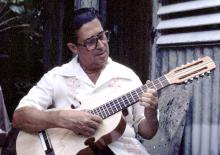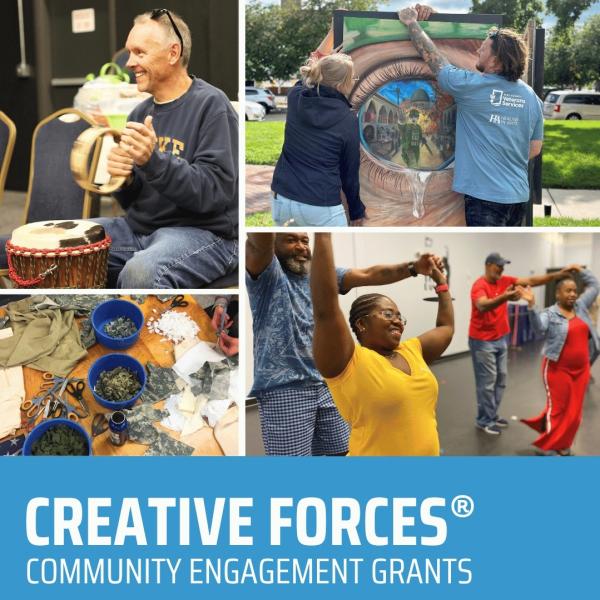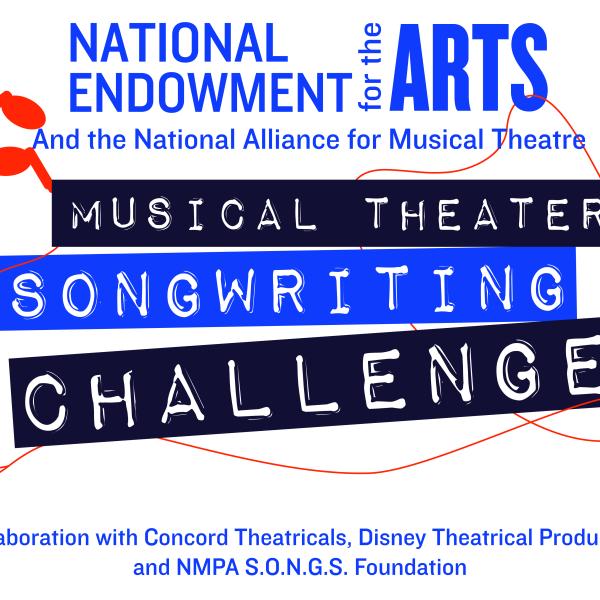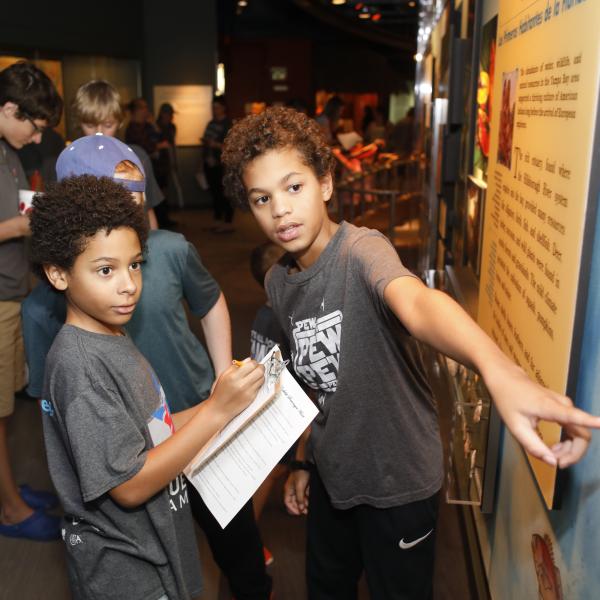National Endowment for the Arts Statement on the Death of Julio Negrón-Rivera
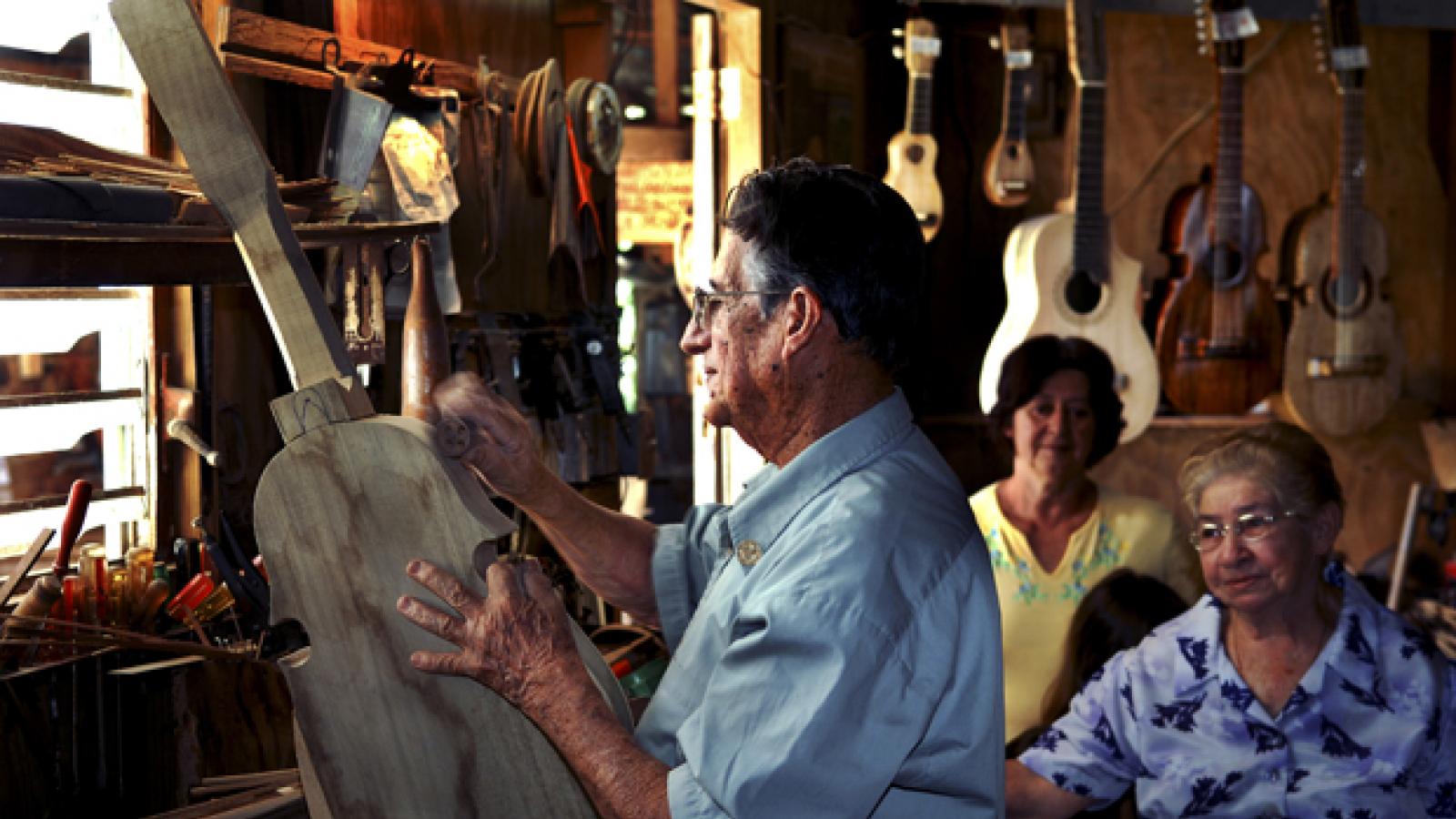
It is with great sadness that the National Endowment for the Arts acknowledges the death of Puerto Rican instrument maker Julio Negrón-Rivera, recipient of a 1985 NEA National Heritage Fellowship—the nation’s highest honor in the folk and traditional arts.
Julio Negrón-Rivera was born in 1925 in Morovis, Puerto Rico. He was raised in a family of traditional musicians and artisans from this region situated high in the island's mountainous hinterlands. His parents, Eusebio and Carmen Negrón, carried on the local musical tradition, but worked as small farmers skilled at cultivating coffee and subsistence crops on the steep highland slopes. Eusebio hand-crafted his own tools to pit and process his coffee beans, and also made the cuatro, the uniquely shaped ten-string guitar that has become known as the national instrument of Puerto Rico.
Growing up, Negrón-Rivera worked alongside his father and learned to make the cuatro, as well as the tiples (a small soprano guitar), six-string guitars, and bordonúas (bass guitar), in the small workshop next to his home. Although Negrón-Rivera played secular music, such as aguinaldos, seises, valses, and décimas for healing, the songs in honor of the Virgen del Carmen were performed as part of the traditional country velorio, a religious ceremony held almost every night at homes in rural Puerto Rico. The velorios (wakes) were usually associated with the deaths of family members or with the days when certain santos (saints) were honored—July 15 for the Virgen del Carmen festivities, during Holy Week before Easter, or during special masses held at 5:00 a.m. at the town church in December. Negrón-Rivera and his family sustained the traditions of their homeland and imbued their children with a deep respect for the folklife of the rural region in which they live. Negrón-Rivera’s sons worked with him, as he had with his own father.
Related Content
Contact
NEA Public Affairs
202-682-5570


